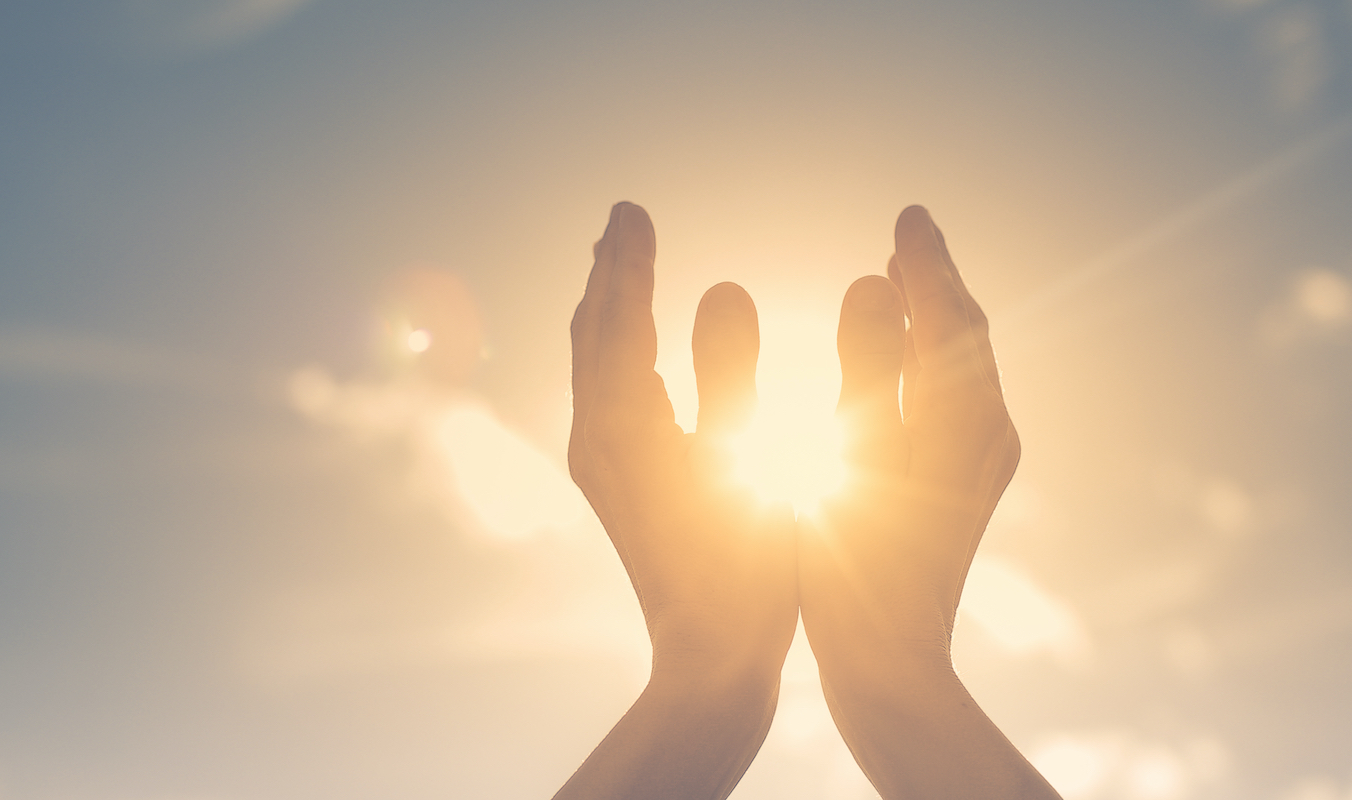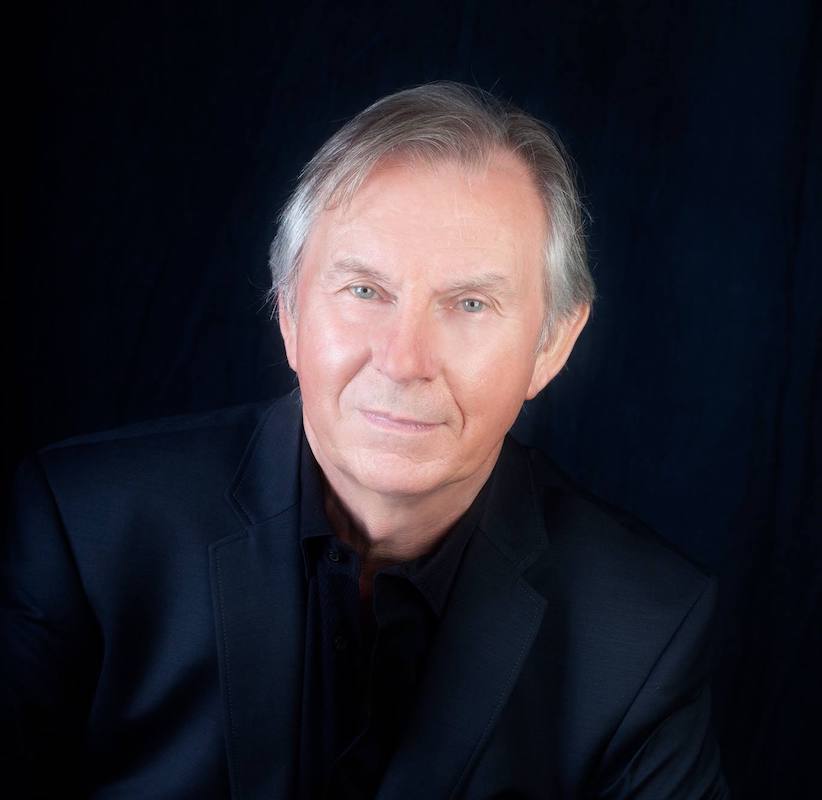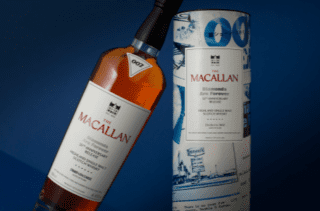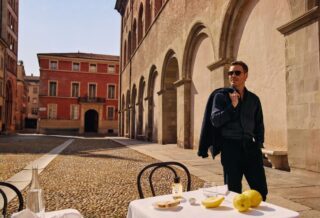This website uses cookies so that we can provide you with the best user experience possible. Cookie information is stored in your browser and performs functions such as recognising you when you return to our website and helping our team to understand which sections of the website you find most interesting and useful.
Healing hands
By Tempus | 5 September 2022
There may be something in the ancient practice of healing when even doctors are turning to them after conventional medicine fails

Five years ago, Tomas Martins, an NHS oral surgeon, began getting crippling back pain. ‘I was always having to bend over patients and ended up with a lot of back problems,’ recalls the 40-year-old. ‘It was really bad and causing me a lot of pain and stress.’
When conventional treatments like pain medication and physiotherapy failed to work, as a last resort Martins was persuaded by a relative to see a healer. ‘He was someone my aunt knew and she was certain I’d benefit from it,’ recalls Martins. ‘But coming from a scientific background, I was very sceptical. I had muscular back pain and what I needed was physiotherapy and painkillers, and maybe to lose some weight and go to the gym to strengthen my muscles.’
But, in desperation and in pain, Martins booked an appointment with healer Douglas Ballard, who runs a clinic in Belgravia, London. ‘I have a sceptical attitude towards everything, but I'm open-minded enough to try things and see if they work,’ explains Martins. ‘I lay down on his treatment bed and as soon as Douglas rested his hands on my shoulders, I felt this electrical current through my whole body. And then this warm and relaxed feeling came over me. It felt like I’d spent the whole day on a beach.
‘I left the appointment. Let’s say the pain was at 100% when I went in there, and when I left it was maybe one or two percent. I remember it so well, heading home thinking, “I can't feel any pain.” It was really strange. I felt great not just physically, but psychologically.
‘I knew I couldn’t explain it, but Douglas had channelled some strong and powerful energy.’ Martins had three subsequent healing sessions and the pain remained at bay.
In our science-driven age, healing has largely been viewed as a fringe alternative therapy, associated with woo-woo spiritual practises and faith healing conmen. It tends to be treated with more suspicion than complementary treatments such as acupuncture, homeopathy and herbalism, but it’s definitely catching on, as suggested by the growing popularity of Reiki, a Japanese form of touch healing.
Healing is best defined as an ‘energy therapy’ in which a healing force is transferred from practitioner to patient via touch or remotely. It’s based on the belief that the body is pervaded with an energy field that can affect our health and well-being and can be manipulated by practitioners to remove energy blocks. Ancient practices such as Traditional Chinese Medicine and Indian Ayurvedic medicine both promote the use of energy healing.
Ballard, 75, only discovered his healing abilities in middle age. He’d previously worked as the business manager for the conductor Mantovani, in the lighting industry and in architectural design. But in 1990 he had a life-changing insight while on holiday in Colorado – in a hot tub, of all places!
While soaking away the aches of a day’s skiing, Ballard met a woman who told him she had neck pain from a ski accident earlier that day. ‘I said, “I think I can help you,”’ recalls Ballard. ‘I had no idea why I said it – it just came out. We agreed to meet later in the hotel lobby and I was directed by intuition to put my hands on her neck.’ Ten minutes later, she said the pain had gone.

‘That’s when I first became aware of my abilities as a healer. Word got around the resort and that week I had all manner of people approaching me for healing.’
As a businessman, Ballard was stunned by his newfound powers. ‘It’s a gift and I don’t know where it comes from,’ he says. ‘It’s not religious energy, it’s universal energy.’
Ballard continued to heal clients alongside carrying out his business career until 12 years ago, when he became a full-time healer, treating clients with ailments from arthritis to autism. Among his client base has been drummer Simon Kirke, former Secretary of State for Northern Ireland Peter Hain, businesspeople, celebrities and a well-known female royal. Increasingly, and perhaps as an indication of the growing acceptance of healing, even science-focused medics are turning to Ballard for healing.
Among them is Gabriel Ribeiro, 35, a consultant NHS clinician working in London. Four years ago, he was suffering stress and insomnia during a period when he was interviewing for a new post.
‘I wouldn’t normally have seen a healer, but a friend mentioned that he’d had help from Douglas for migraines, so I got over my reservations and went along,’ reports Ribeiro. ‘He put his hands on my shoulders and after a few minutes I felt very relaxed and sleepy. I went home and slept for about ten hours straight, for the first time. My sleeping patterns improved and after a few more sessions I was far less stressed.
‘I wouldn't say that I’m completely swayed by healing, because it’s not scientific and I haven’t explored it in detail,’ continues Ribeiro. ‘I would just say that I felt better after having it.’ Ribeiro asked for his name to be changed, however, wary of his fellow medics’ scepticism of alternative therapies.
It’s true that complementary and alternative medicines (CAM) are unregulated in Britain, leading to some poor practice, no doubt. And yet that fails to put off those in need of help – a survey five years ago estimated that nine million Brits had made use of some complementary medicine. Last year the global CAM market size was valued at USD 92.65 billion (£79.50bn) and is expected to reach over USD 411.4 billion (£353bn) by 2028.
Ballard remains unperturbed by those unconvinced of the benefits of healing. ‘If you think it's the placebo effect, and you get pain relief from it, then think it,’ he says. ‘At the end of the day, I'm not here for any accolades. I'm here to help people.’
Some names and details have been changed.







